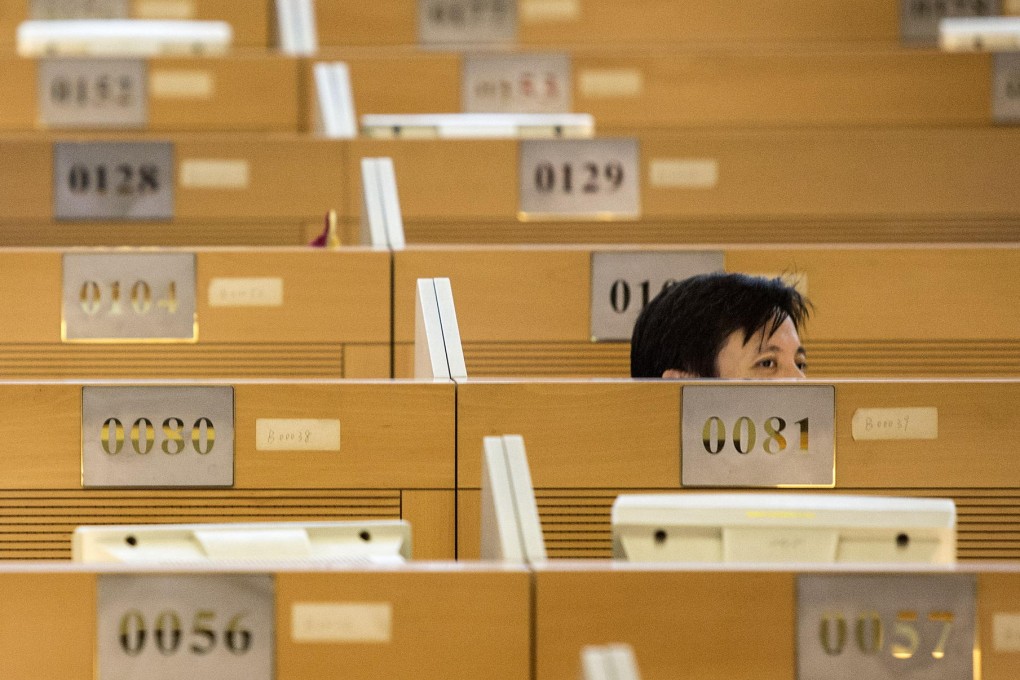CSRC ready to pull the trigger for IPOs
Regulator 'mulling' a move that may help Chinese companies seeking cash after they delisted from US before domestic market meltdown

The mainland's securities regulator is "mulling over" the resumption of initial public offerings, which would be a boon to cash-hungry listing candidates, particularly those delisting from the US market, after halting approvals from July amid a domestic stock market meltdown.
A China Securities Regulatory Commission source told the South China Morning Post on Wednesday it had improved the review process for handling listing applications, and was ready to pull the trigger once the market was "stabilised".
"The CSRC has been delaying IPO approvals rather than making a suspension since this July," the source said. "We were actually implementing an oral notice from the State Council, which was an unusual method under an unusual circumstance."
The mainland markets staged a meteoric rally in the first few months of the year, rising by up to 150 per cent, but they peaked in mid-June and lost 30 per cent in the following two weeks.
The CSRC has a tradition of controlling the pace of listings, considering they drain liquidity and drag down the market, and froze the market for more than 13 months from late 2012.
Joseph Tang, managing director of US law firm Huang Tang & Marvin, said market players believed the current freeze would not last longer than six months.